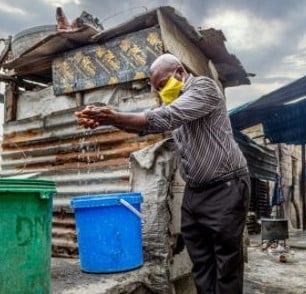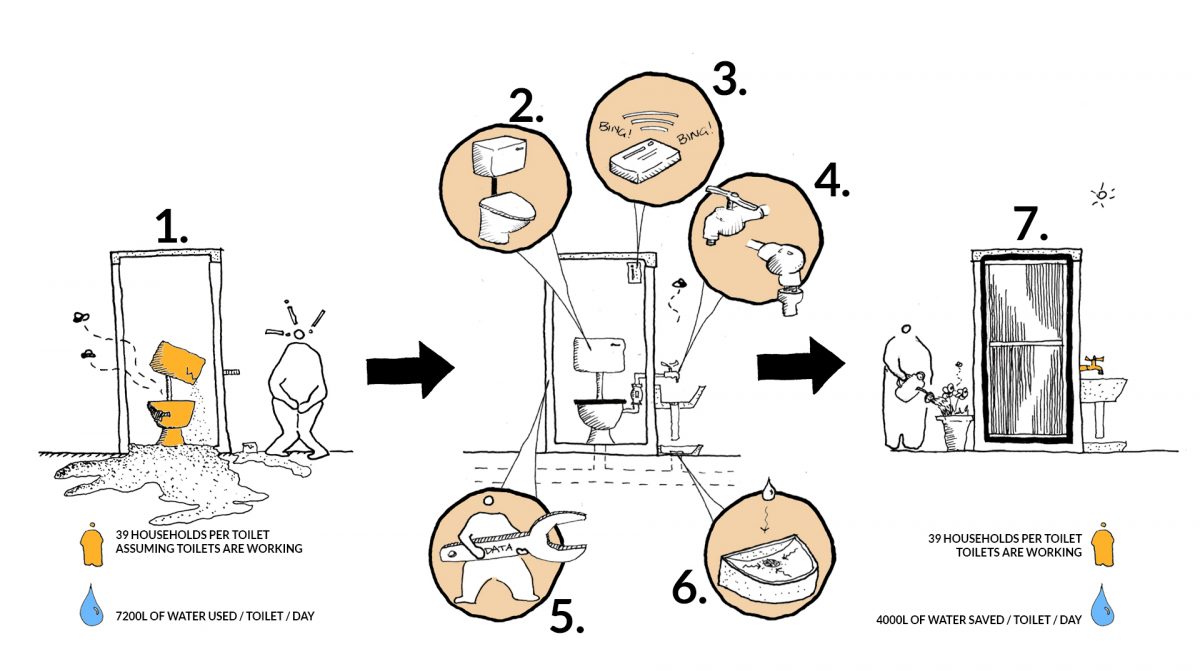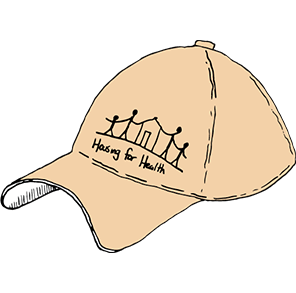RESEARCH: Integrated Slum Upgrading, South Africa – The Water and Sanitation focus
WSUP (Water & Sanitation for the Urban Poor) uses evidence from various high density marginalised African cities to create a report and resource:
Slum Upgrading: how can we link water and sanitation improvements with wider urban development?

WSUP declares: Water, sanitation and hygiene improvements needed
Our recent news item: Environmental health issues across nations are strikingly similar! on Plumbing Poverty in the Navajo Nation, shows that Environmental health issues cross nations and density of populations, and are not limited to geography or race. These news items draw a clear link between the poor health of people and their living environments.
Healthabitat has seen similar conditions as WSUP describes and to the Navajo Nation in our work in South Africa, with partners IAPMO, WASSUP and Sticky Situations since 2014. This work shows a practical way forward to begin addressing some of these issues. Toilets in a dense informal settlement near Johannesburg were repaired and, importantly, paired with on-going maintenance program. As with all Healthabitat’s projects, the use of the HLP’s provide the structure to ensure the work is done to maximise improvements in health. HLP’s targeted were:
- ‘Safety’,
- HLP1 – Washing People,
- HLP2 – Washing Clothes and Bedding
- HLP3 – Removing wastewater safely,
- HLP5 – Reducing the negative impacts of crowding
Here is a section from WASSUPs 2019 report showing how urgent and universal these issues are;
The condition of water and sanitation services in Diepsloot remains dire and the health and social conditions of those living in informal settlements requires urgent interventions. The South African Early Childhood Review 2017 concludes that over 1.5 million children in South Africa don’t have accessible toilet facilities. One result of this lack of sanitation is diarrhea which results in one-fifth of deaths of children under five in South Africa…

Deipsloot, South Africa – an informal settlement; Functional toilets are a crucial piece of health hardware. Collection of data and on-going maintenance are critical to their continued effectiveness.









